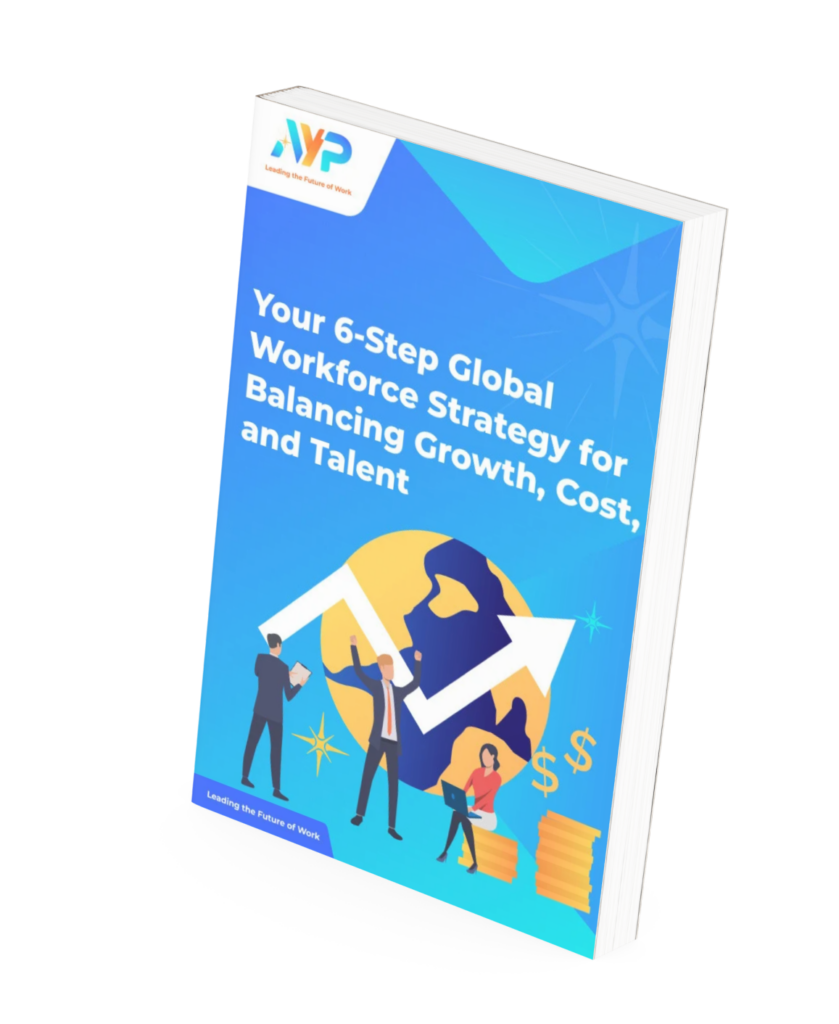Malaysia Key Industries
Education Industry
- The government has allocated a substantial amount of its annual budget to this key industry
- Opportunities in providing training for teachers with the increasing demand for qualified teachers
- With the commitment to the human capital development, there is great opportunity in developing talent through vocational technical education
Health care and Wellness Industry
- Spurred by the growth of medical tourism
- There is liberalisation of the employment of foreign qualified medical specialists
- In addition, the government has relaxed the foreign ownership restrictions in certain parts of the industry
Retail and Food Services Industry
- According to Euromonitor International, consumers in Malaysia are dining out due to the hectic schedules. As such, this creates a healthy demand for the industry
- Particularly in urban areas, the retail scene is thriving with developed shopping malls
- The liberalisation of the retail and food services industry creates opportunities for overseas brands to gain a local presence in Malaysia
Incorporating in Malaysia
Types of Entities
- Sole Proprietorship or Sole Trader is owned solely by one individual with unlimited liability.
- Partnership consists of at least 2 and up to 20 members, except for partnerships for professional practice.
- Limited Liability Partnership (LLP) consists of at least 2 members with no maximum limit of members, and it generally requires no personal liability.
- Foreign Company is a company that is incorporated outside Malaysia but with business premises and operations in Malaysia.
- A Limited Company can be private or public. Private Limited Company consists of at least 2 members and up to 50 members, where the company is not allowed to invite the public to invest in the company or buy its shares. Public Limited Company consists of at least 2 members with no maximum limit of members, where the company’s shares can be offered to the public for fixed periods.
- Companies Limited by Shares is where the shareholders’ liability is limited to the amount of unpaid shares.
- Companies Limited by Guarantee is where the members’ liability is limited to the amount they undertake in the company’s Memorandum and Articles of Association that is agreed and signed by all the members.
- An Unlimited Company is where shareholders generally have unlimited liability, have a special Articles of Association and is free to return capital to its shareholders.
Registering a Local Company
An unlimited company and a company limited by shares can be incorporated under the Companies Act 1965.
- Conduct a name search to determine if the desired company name is available and submit the completed Form 13A CA – to request for availability of name to the Companies Commission of Malaysia (SSM).
- Within three months from the approval of the company name, submit all the necessary incorporation documents to SSM. Pay the registration fee which varies according to the company’s authorised share capital.
- A certificate of registration will be issued by SSM upon the approval of the submitted documents.
Registering a Foreign Company
- Conduct a name search to determine if the desired company name is available and submit the completed Form 13A CA – to request for availability of name to the Companies Commission of Malaysia (SSM).
- Within three months from the approval of the company name, submit all the necessary registration documents to SSM and pay the registration fee which varies according to the company’s nominal share capital.
- A certificate of registration will be issued by SSM upon the approval of the submitted documents.
Employment Regulations
Employment
The Employment Act, 1955 by the Malaysia Labour Department is the main legislation on labour matters in Malaysia. If the contract for a specified period or the time reasonably required for the completion of work is more than one month, the employee has to be given a written agreement. It is mandatory to include a clause that states the manner in which the contract may be terminated by either party.
Termination
Either the employer or employee who has entered into a contract may give the other party the required notice in writing at any time to terminate the contract. The day in which the notice was given shall be included in the notice period. The terms for the termination such as the notice period may be stipulated in the contract. In the absence of the notice period, the Employment Act (Part II, Section 12(2)) serves as a guideline. The contract may be terminated without notice, or if notice has already been given – without waiting for the expiry of the notice, by paying salary in lieu of that notice or unexpired notice period.
Payroll and Tax Regulations
Social Security Scheme
Employees Provident Fund Act 1991 (Act 452), known as the EPF is a social security institution that provides retirement funding. The fund requires contribution from both the employer and the employee. The employee’s portion of the EPF will be deducted from their salary. Expatriates or foreign citizens are not required to contribute to the EPF.
Malaysia Tax
Inland Revenue Board of Malaysia is one of the main revenue collecting agencies of the Ministry of Finance.
Corporate Income Tax
If the company’s management and control are in Malaysia, the company is regarded as a tax resident. The company’s paid up capital of less than RM2.5 million, including the capital from all its related group of companies are taxed at the following different two-tiered rates for Year of Assessment (YA) 2016 and 2017. Companies with more than RM2.5 million paid up capital will be taxed at 24%.
Resident Company Tax Rates
| Chargeable Income | Tax Rate (%) | ||
| YA 2016 | YA 2017 | ||
| Paid up capital of not more than RM2.5 million | On first RM500,000 | 19% | 18% |
| Subsequent Balance | 24% | 24% | |
| Company with paid up capital more than RM2.5 million | 24% | 24% | |
Non-Resident Companies’ income accruing in or derived from Malaysia is taxable if it carries on its business through a permanent establishment in Malaysia.
Non-resident Company Tax Rates w.e.f YA 2017
| Type of income | Tax rate (%) |
| Business or rental income | 24% |
| Royalties | 10% |
| Rental of moveable properties | 10% |
| Technical or management service fees | 10% |
| Interest | 15% |
| Dividends | 0% |
| Other income | 10% |
Personal Income Tax
Conditions to being a Tax Resident:
- The individual is in Malaysia for 182 days or more in the YA.
- The individual is in Malaysia for less than 182 days in that particular YA, but the individual is in Malaysia for 182 or more consecutive days in the following or preceding year to that YA.
- Temporary absences due to business trips, treatment for ill-health or social visits for 14 days or less, are included in the consecutive days if the individual is in Malaysia before and after each temporary absence.
- The individual is in Malaysia for 90 days or more during the YA and, in any three of the four immediately preceding years to the YA, he was in Malaysia for at least 90 days or was a resident in Malaysia.
- The individual is a resident for the year immediately following that year and for each of the three immediately preceding years.
Resident Personal Income Tax Rates
| Chargeable Income in Ringgit | Rate % | Tax ($) in Ringgit | |
| 5,001 - 20,000 | On the First 5,000 | 0 | |
| Next 15,000 | 1 | 150 | |
| 20,001 - 35,000 | On the First 20,000 | 150 | |
| Next 15,000 | 5 | 750 | |
| 35,001 - 50,000 | On the First 35,000 | 900 | |
| Next 15,000 | 10 | 1,500 | |
| 50,001 - 70,000 | On the First 50,000 | 2,400 | |
| Next 20,000 | 16 | 3,200 | |
| 70,001 - 100,000 | On the First 70,000 | 5,600 | |
| Next 30,000 | 21 | 6,300 | |
| 100,001 - 250,000 | On the First 100,000 | 11,900 | |
| Next 150,000 | 24 | 36,000 | |
| 250,001 - 400,000 | On the First 250,000 | 47,900 | |
| Next 150,000 | 24.5 | 36,750 | |
| 400,001 - 600,000 | On the First 400,000 | 84,650 | |
| Next 200,000 | 25 | 50,000 | |
| 600,001 - 1,000,000 | On the First 600,000 | 134,650 | |
| Next 400,000 | 26 | 104,000 | |
| Above 1,000,000 | On the First 1,000,000 | 238,650 | |
| Above 1,000,000 | 28 | ||
The individual is regarded as a non-resident if the individual stays in Malaysia for less than 182 days in a year, regardless of citizenship or nationality.
Non-Resident Personal Income Tax Rates
| Types Of Income | Rate (%) |
| Business, trade or profession Employment Dividends Rents | 28 |
| Public Entertainer Interest | 15 |
| 10 |
Individuals are not taxable if their employment in Malaysia is less than 60 days, are employed on board a Malaysian ship, aged 55 years old who are receiving interest from banks, pension, or tax exempt dividends.
Other Taxes
- 6% Goods and Services Tax (GST) is chargeable on the standard rated supply of goods and services made in the course of a business in Malaysia by a taxable person, as well as on the imports of goods and services to Malaysia. Certain zero-rated goods and services supplies are subjected to a GST of 0% where GST paid on their inputs can be claimed as credits. Certain exempt supply of goods and services do not attract GST.
- Goods imported into Malaysia that are subjected to import duties, are generally levied on an ad valorem basis between 2% to 60%, or may also be imposed on a specific basis in terms of a specific amount per unit.
- There are export duties on main commodities such as crude petroleum and palm oil, and excise duties on a selected range of goods.
- Stamp Duty is chargeable on instruments and not on transactions. Consequently, no duty is charged on transaction without creating an instrument of transfer.
- Residents and non-residents are chargeable for Real Property Gains Tax (RPGT) on gains arising from the disposal of real property such as land in Malaysia, and shares in real property company (RPC). RPC is a controlled company owned by a maximum of 50 members and controlled by 5 persons or less, with 75% or more total tangible assets in real property and/or shares in another RPC.
Immigration
| Work Passes and Permits |
Employment PassWho is it for?
Requirements
Brief overview of application steps
|


